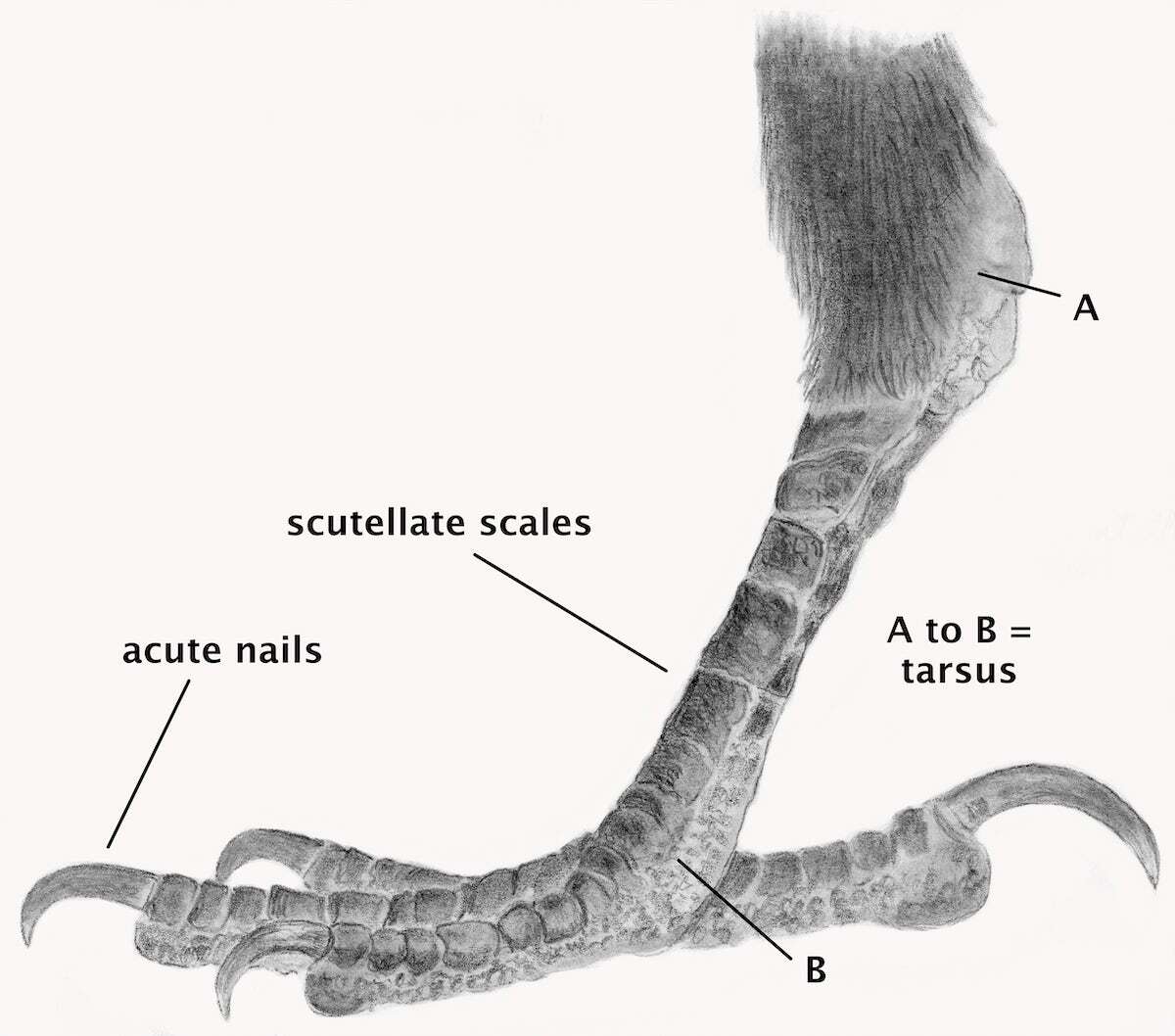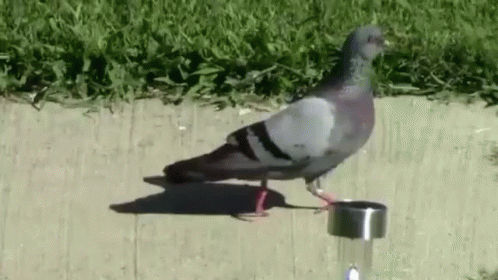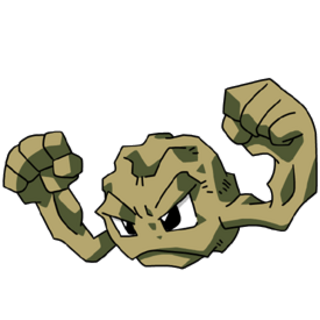Be noisy as hell

Stop that, stop that! Go on, clear off! Go on, go away! And you, clear off! Bloody weather.
Bloody weather…
quakey
Circles in the glass of water intensify.
I’d love to see an informed response as to why we think they ran instead of hopped. Is there a difference in the skeleton or muscles that would tell us?
Oh God imagine we’d actually found huge parallel footprints.
Then we’d know Jesus was carrying the t-rex the whole time
They were all made in clay-rich sandstone, which preserved the tracks so well that they have impressions of the scales on the skin of these dinosaurs.
Oooo so we know for sure what the scale shapes are? Fascinating! Where is dino science on feathers currently? Did some dinosaurs resemble birds more than lizards? Sorry I’m late. Be wild if we had such impressions of feathers somewhere
I think a lot of modern birds have scales on their feet.

That’s true… I didn’t know we had more than bones though. Pretty amazing that we know exactly what those scales look like.
Likely footprint patterns
Good point actually.
Kangaroos hop because they can store a lot of energy in there Achilles tendon and use that to propel them forward without using much energy. It’s good for covering long distances over flat terrain while using as little energy as possible , which is good for the Australian outback as they hop between small patches of vegitation separated by miles of desert. It’s not that good for ambushing or quickly chasing prey in a rainforest like the t rex is probably doing.
There’s also the issue of scale, a t rex’s Achilles tendon would have to be stronger then steel cable and as stretchy as rubber to store and re use that much kinetic force from its weight.
Was gonna say, the tendon strength simply doesn’t scale like that, rexes are way too massive.
Could see it for larger raptors though, except they’re probably better off just running. Predators really need maximum bursts of speed and maneuverability, hopping doesn’t give them that.
The probably pounced on their prey though when they were sure they would catch them.
We saw that in the Attenborough documentary, Jurassic Park.
Probably something to do with strain on the body. Studies show T. rex couldn’t even run. Maybe a fast walk. Additionally, the way the muscles attach to the bones probably don’t support hopping.
The context of this comment is amazing.
Imagine a creature, that died over 65 million years ago (earth was at the other side of the galaxy back then) and yet we can detect how the muscles attached to the bone
earth was at the other side of the galaxy back then
Hoooly eff.
Right now you’re orbiting the galactic core (well basically, its very close) at 240km/s +/- ~30km/s (Earths rotation of the Sun).
And it still took 65 million years to complete less than half an orbit of the galaxy.
Most likely the weight difference would be the biggest issue here.
Same reason why to scale bug wings wouldn’t let you fly, that square cube law can lead to some very unfun conclusions where big beasties are concerned.
Or some absolutely terrifying ones in Shin Godzilla’s case.
SQUARE CUBE LAW MENTIONED
I wonder if babies and adolescents hopped around? There’s already the theory that T.rexs lived in family groups with adolescents catching lots of small prey and adults catching the occassional large prey and providing protection.
hopping like a kangaroo is unlikely, but it would probably make sense for them to move like modern birds of the same size and whatever is the most similar ecological niche.
Chicky Hopping Baby T-Rexes Cannon!
Skull weight alone would make hopping difficult. Their heads are huge.
yep, the first thing I noticed was how tiny the kangaroo’s head and upper body is compared to the legs. for the t-rex both the head and the upper body are much more massive compared to the leg’s diameter.
Maybe they tucked their huge heads and rolled around like rollerrats. Except huge.
first off AFAIK they don’t even have anything near the amount of muscle in the right places to try hopping, but even if they did manage it i’m pretty sure their legs would snap in half when they landed and then as the rest of the body met the ground they’d crack ribs and stuff as well.
Imagine trying to jump around while wearing a dishwasher on your back, even if you’re monstrously strong in every part of your body it’s gonna fucking suuuuuuuuck
Hip anatomy? Structured more like a bird hip rather than a reptile or kangaroo
I was watching a Carrion Crow hop around just yesterday. Fast movement was a hop. Slow movement was a walk.
Well, think more grounded birds such as ratites and pheasants.
I’ve seen a lot of little birds hop around. Not only are birds dinosaurs, but the particular birds I’ve seen hopping are very similar in shape to a T Rex.
My chickens run around very similar to the run we see of T-Rex/raptors in movies. They lean forward and low and run surprisingly fast for an animal with wings that they just tuck.
Yeah, that seems more likely from what I know about dinosaurs. Just saying, we already have birds who hop to compare to. The kangaroo idea just strikes me as silly
Or like a pigeon with its head motion while walking.

with its* head motion
Yes, you’re right. Corrected.
Have you ever seen a real roadrunner?
Seen one? I’ve caught one.
I heard it takes a super genius to do that.
Seems unlikely. Which Acme products did you use?
I’ve watched scrub jays running around on my lawn, eating bugs, looking exactly like little dinosaurs.

And what if they skipped daintily while holding giant lollipops?
“Nurse said that if I were a good lad that I should receive a lolly!”

I think I saw that anime.
T Rex only known organism to lick its way to the center of a Tootsie pop
The math maths
Imagining a TRex with enormous bunny-shaped ears
Hehe
Does the penguin fly? Mass/per/volume is a thing…
Mass per volume is density, and I suspect the Trex and kangaroo are similar (~1000 kg/m^3) so yes they’d both bounce in that case. I think what you’re looking for is surface area to volume, which decreases rapidly as an object gets larger while maintaining geometry.
It’s worth noting that most extinct dinosaurs were probably more similar to surviving ones (i.e., birds) than to mammals and reptiles when it comes to bones and respiratory systems, and, by extension, density.
That is to say, they probably could get that big because they were quite literally full of air.
Some of them (especially sauropods, but maybe also other big species like tyrannosaurs) probably had even more complex and efficient air sac systems than modern birds…
+1 Terrifying
They absolutely did.














